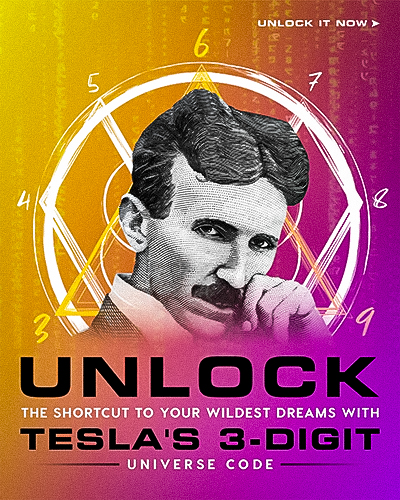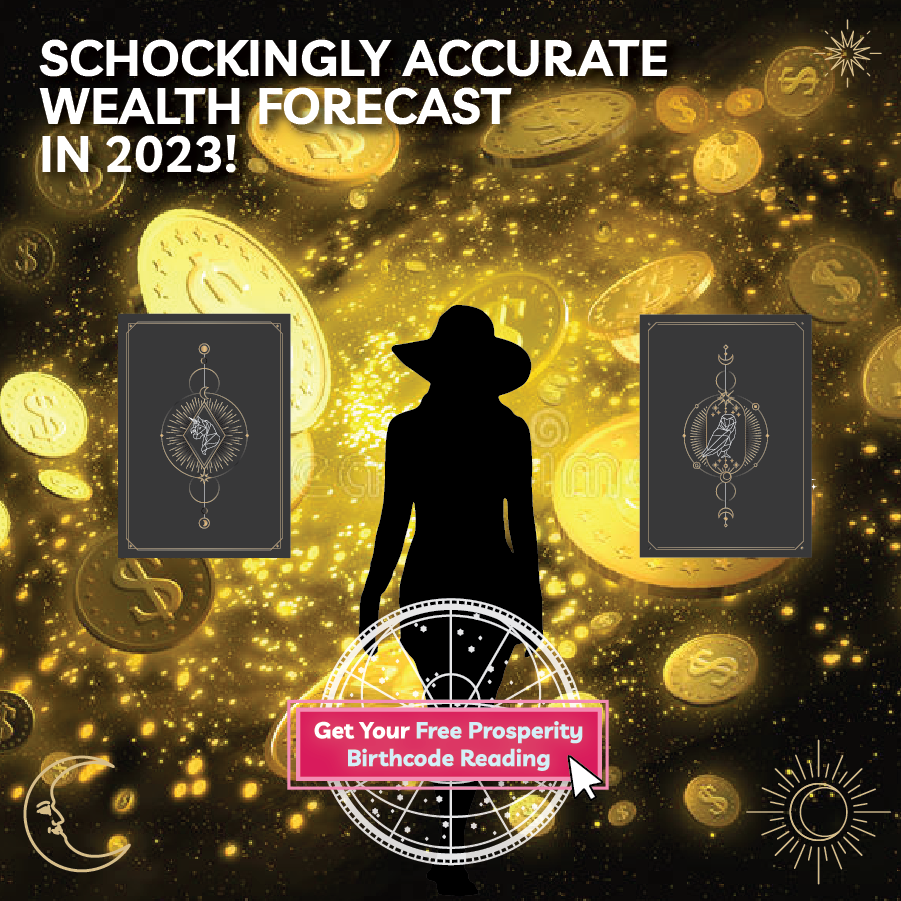
The main philosophical problem is skepticism and whether this problem can be solved through rationalism or empiricism. The philosophical problem is whether knowledge can be truly known without certain evidence comprising the event of Father Flynn had molested a student named Donald. Father Flynn appears to be an upstanding man but also appears to have a penchant for vulnerable young boys. Father Flynn is the priest of the congregation who speaks at Sunday’s mass. When Father Flynn has a talk with Donald where he either offered Donald communion wine or Donald drank it and that was the reason why Father Flynn had to have his talk with him is open to interpretation. Father Flynn’s first sermon opens with a discussion on doubt or skepticism which sets the tone for the film as it is doubt that deters all evidence from Father Flynn and his supposed crime.
Sister Aloysius and Sister James try to solve the case with what little evidence they have which gives the film its eponymous title of “Doubt.” Sister Aloysius is an adamant rationalist which although she resembles neither Descartes nor Plato but of the empiricist John Hume, she is still a rationalist. Sister James is an empiricist but resembles that of Plato or Hume or perhaps most resembling Berkeley in personality but Hume in Philosophy. The two sisters are trying to find evidence, Sister Aloysius via reason and Sister James via the object itself and her mind of Father Flynn’s crime. Sister James gains empirical evidence of Father Flynn putting Donald’s coat in his locker which arouses suspicion she immediately confers this information to Sister Aloysius who begins her investigation through her reason to deduct whether or not Father Flynn has committed a heinous crime. In the film, “Doubt.” Rationalism is what prevails through Sister Aloysius reasoning she tries to get the evidence necessary to come to her conclusion by lying to Father Flynn saying she had contacted a former parish he had ministered at causing Father Flynn’s resignation then eventual promotion.
Rationalism is the method gaining sense data via reason whereas Empiricism is the method of gaining knowledge from the mind and the object itself. Rationalism is based on reasoning through our perception. To understand whether a perception is clear and distinct, to determine something as clear is accessible to the attentive mind, distinct is to deduct that the perception is clear. Empiricism is built on three principles. That the all knowledge comes from experience, all minds are born as a blank slate, the simplest explanation is the correct one. The two major Rationalists are Plato and Descartes. Plato believe in order to obtain knowledge we needed the forms and soul, that the physical world was the shadow of the forms, that the forms were a blueprint or archetype that were independent, permanent, that they exist outside space-and-time, that they were more real than the physical world, that all forms came from the form of the good. Descartes believed that our world was filled with faulty sense data of illusions or madness and hallucinations, dreams or sense data where none of it was real, that possibly an evil genius controlled and tampered with our sense data, that the only thing real was ourselves and the only way to overcome this evil genius was the three omni God.
Famous Empiricists include Locke, Berkeley, and Hume. Locke believed in the concept of an Idea, that there are simple ideas which were the smallest unit an idea can be and complex ideas which were the combination of simple ideas, abstract ideas, and relational ideas. Locke also believed in Qualities which its primary were essential properties, its secondary were properties that could be changed. George Berkeley believed that the physical world only exists as sense data and that the two sources of sense data was God and the infinite causal series or cosmological argument. David Hume did not believe we could have 100% certainty about knowledge that comes from experiences because knowledge that comes from experience cannot necessarily be trusted. Hume believed that the future will resemble the past, that we should replace causation and effect with the necessary connection, that we ought to live like the gambler, betting on strong necessary connections.
In the film “Doubt,” the two approaches brought forth are Descartes in Sister Aloysius and Hume in Sister James. Sister Aloysius went about Descartes rationalization of everything that could be known about Father Flynn where Sister James could not trust her experience of what she saw when Father Flynn put Donald’s coat in his locker for she truly wasn’t certain of anything that happened or of any certain event had taken place. I agree with what the film was advocating for in that things like faith, philosophy cannot answer everything with 100% certainty in an objective world where subjects act upon this objective world in such a way that nothing is truly certain unless experienced firsthand, and even then you have to take motivations into consideration on whether or not they were truly morally good or bad, ethically right or wrong.
The argument I saw the most clear was neither rationalism nor empiricism but Skepticism. I saw skepticism as the most definite case of philosophical quandary being stated in this film. The fear of uncertainty being rationalized or experienced is a paradox within itself. I saw a strong case for Rationalism being brought forth with Sister Aloysius being the grand inquisitor to the supposed injustice Father Flynn may or may not have committed. I saw Rationalism as the driving force behind the making certain of the uncertain, the ascertainment of the unknown. I would say out of the two philosophical standpoints of Empiricism and Rationalism, I identify as a Rationalist and have been myself heavily influenced by Rene Descartes for I am a man driven by reason. To rationalize the world around me where uncertainty haunts every corridor of existence, I would say is a reasonable way to live. In the film “Doubt” it was a Rationalist who came to not a conclusion but a coinciding coincidence which drove Father Flynn away. Although in the film, it was hinted he was molesting another boy who was acting out in Sister James class with his statement of, “Give me liberty or give me death.” Maybe all Sister Aloysius needed was the catalyst that was Donald drinking the communion wine to drive her to take a man who may have been heinously corrupt out of her parish as the morally right thing to do. Rationalizing the uncertain and ascertaining the unknown are two ennuis which bring much dissonance and strife to many beings. Empiricism can only understand what it takes in with its senses where Rationalism reasons with what it cannot understand to reach a middle ground, a point of mediating the horrible trick that may have been played on us all. Maybe Father Flynn, the devil’s advocate of skepticism is the evil genius with Sister Aloysius cogito ergo sum being her justified vindication in getting him out of her parish. The only unfortunate thing is, is that the man known as Father Flynn belonged to the flock of the 3 Omni God, maybe that is how the evil genius got away with it. Reason or ignorance, experience or the unknown. What can be known is that when you reason with an evil genius, the evil genius may be something completely comprised of hallucinations, dreams, and madness. You cannot reason with an evil genius, you can only experience the hallucinations, dreams, and madness which are the embodiment of this malevolent trickster.

The solution to solving skepticism is to use one’s reason to decipher what is the most probable cause in an unbiased, ambiguous, and ambivalent state until you’ve come to a clear and distinct conclusion about the nature of the uncertainty which troubles you. You can try and reason with yourself to be hopeful, you can reason with yourself to lament in despair. You can look to the skies for optimism, or lay in the darkness of your bed begrudgingly swallowing the bitter sadness of cynicism. Reason is the driving force of purpose to why we are all here, to find reason and meaning, the purpose of life is to live life with a purpose. To be in a constant bereft tragic state of unknowing, of uncertainty is truly no way to live. Being apathetic to the situation is no better. The problems of philosophy parallels that of religion, that neither of them are certain of everything, that uncertainty is the driving force of skepticism, of doubt, of pessimism, of apathy, of spirit crushing despair. That my alternative to this pessimism brought on by not knowing is just believing. To have faith, to have hope, to have trust in today and a better tomorrow. That someday, everything will work out. Although I am a Rationalist, I live like the gambler, my past and my future are not one in the same. I am beyond the being I was yesterday, just as I will be beyond the being I am today in the next day that shall come. Reason gives us meaning, reason is why I am here. To accept life for what it is and nothing else is what reason tells me to do.






